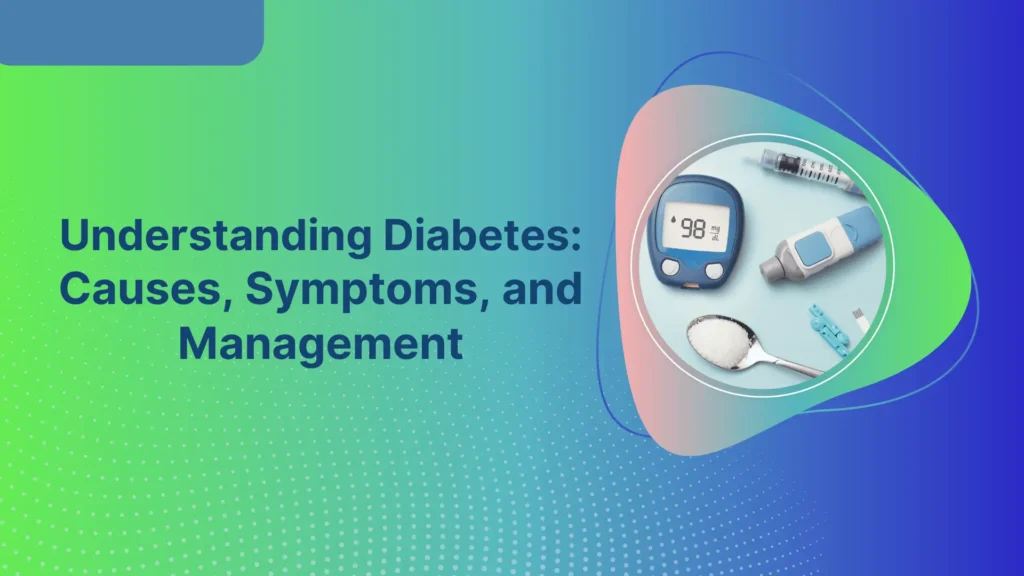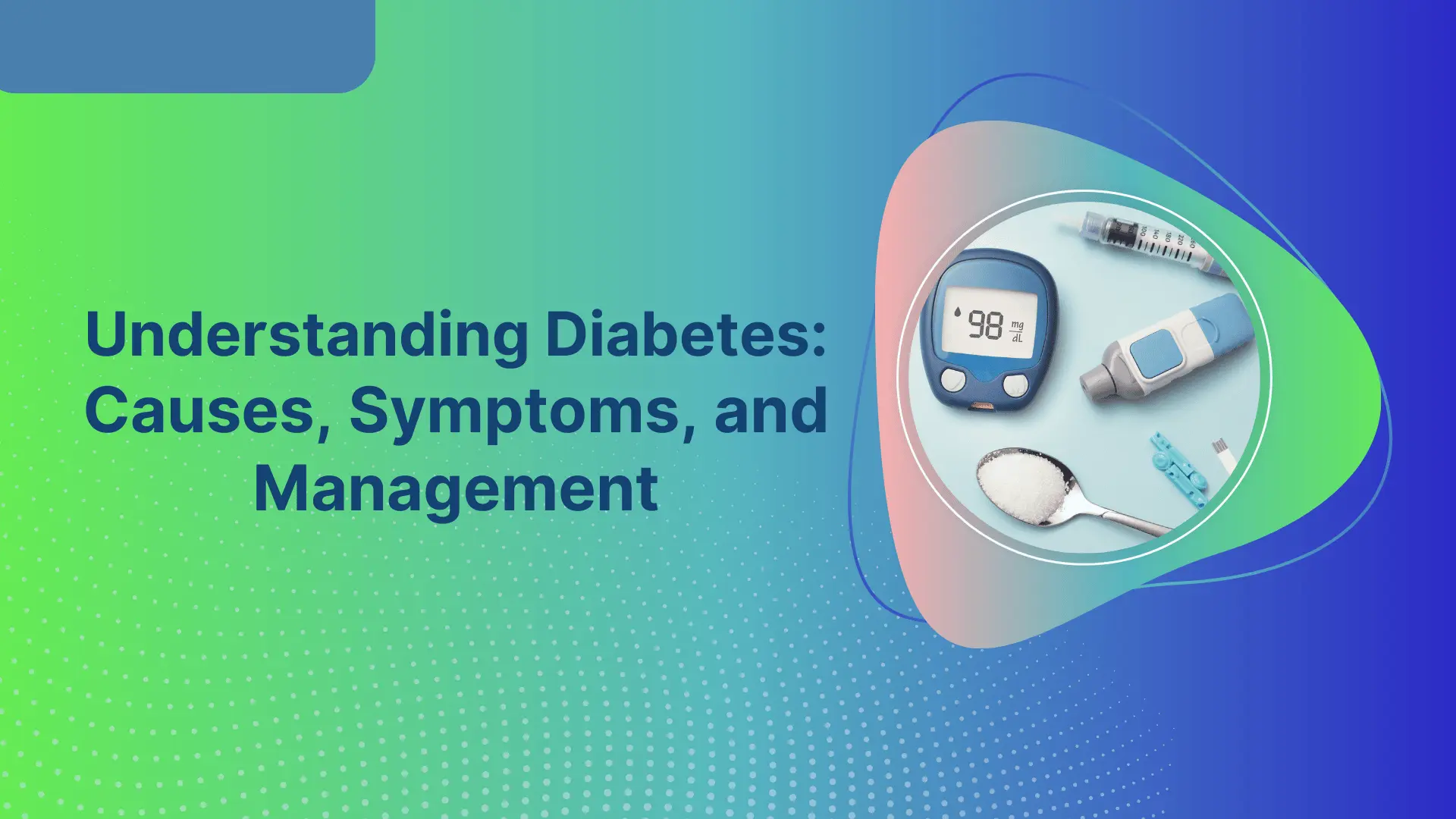The Causes of Diabetes : Key Factors You Should Know
Explore the primary causes of diabetes, including genetic predisposition, lifestyle choices, and environmental factors. Learn how these contributors can impact your health and discover ways to reduce your risk of developing this chronic condition.
Diabetes is a chronic medical condition that occurs when the body cannot properly regulate blood sugar (glucose) levels. There are several causes and risk factors associated with the development of diabetes, which vary depending on the type of diabetes:
Type 1 Diabetes:
- Autoimmune Response: The immune system mistakenly attacks and destroys insulin-producing beta cells in the pancreas.
- Genetics: Family history or inherited genetic predisposition.
- Environmental Triggers: Certain viral infections or other environmental factors may trigger the autoimmune response.
Type 2 Diabetes:
- Insulin Resistance: The body's cells become resistant to insulin, leading to higher blood sugar levels.
- Obesity or Being Overweight: Excess fat, especially around the abdomen, increases the risk of insulin resistance.
- Physical Inactivity: Lack of exercise contributes to weight gain and insulin resistance.
- Unhealthy Diet: High intake of processed foods, sugary drinks, and unhealthy fats.
- Genetics: A family history of type 2 diabetes increases the risk.
- Age: Risk increases with age, especially after 45 years.
- Ethnicity: Higher risk in certain ethnic groups, such as African Americans, Hispanics, Native Americans, and Asians.
- Prediabetes: Untreated prediabetes can progress to type 2 diabetes.
Gestational Diabetes:
- Hormonal Changes During Pregnancy: Hormones produced by the placenta can lead to insulin resistance.
- Overweight or Obesity: Increases the risk of developing gestational diabetes.
- Family History: A history of diabetes in the family.
- Previous Gestational Diabetes: Having gestational diabetes in a previous pregnancy increases the risk.
Other Contributing Factors:
- Stress: Chronic stress can affect blood sugar levels and insulin sensitivity.
- Certain Medications: Long-term use of some medications, such as corticosteroids, can lead to increased blood sugar levels.
- Medical Conditions: Conditions such as polycystic ovary syndrome (PCOS) or hormonal disorders can increase the risk.
- Smoking: Increases the risk of insulin resistance and complications associated with diabetes.
Taking proactive steps, such as maintaining a healthy weight through proper nutrition and regular physical activity, adopting a well-rounded and balanced diet rich in whole grains, fruits, vegetables, and lean proteins, engaging in consistent exercise routines to boost overall health and fitness, and employing effective stress management techniques to support mental well-being, can significantly lower the likelihood of developing type 2 diabetes.

